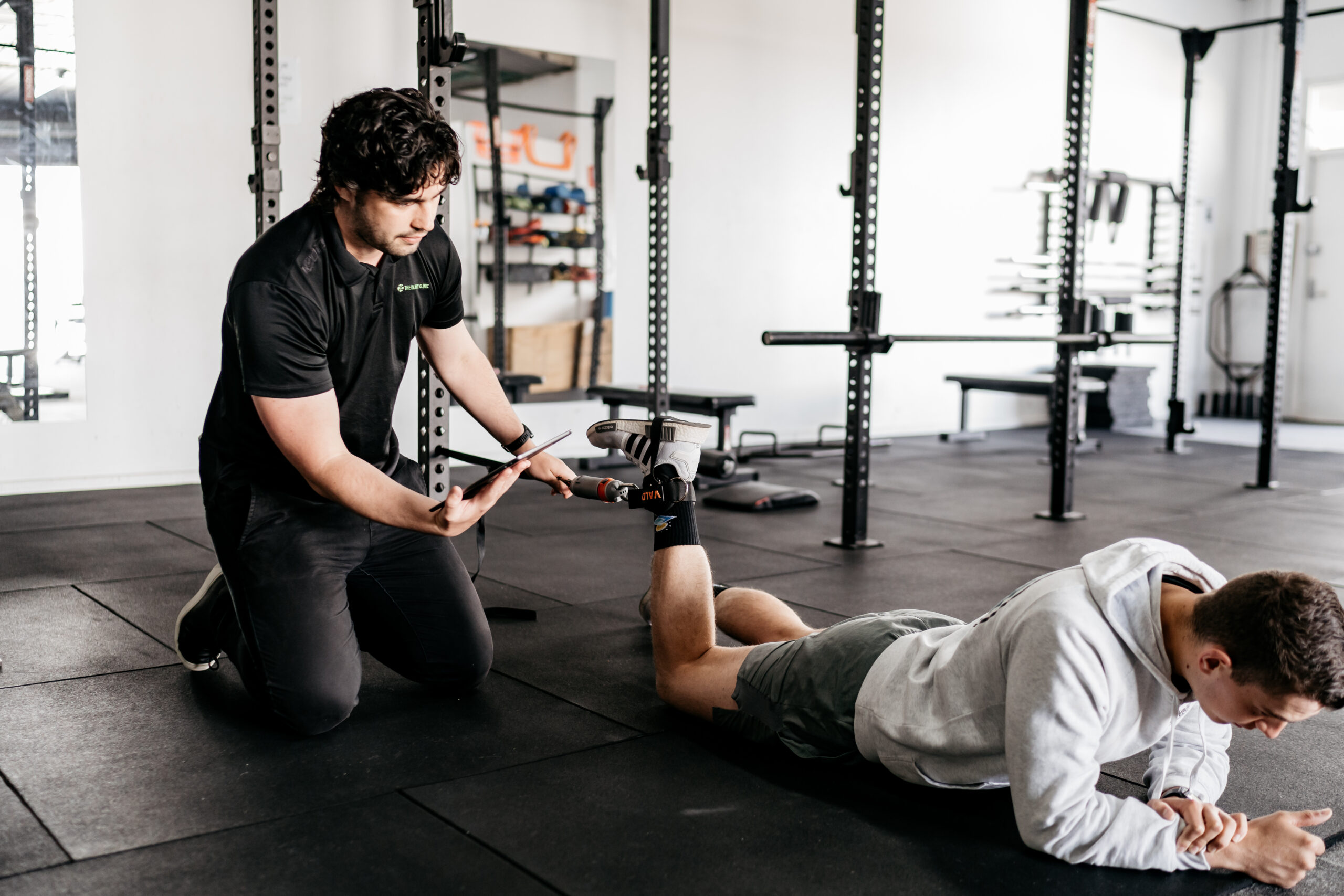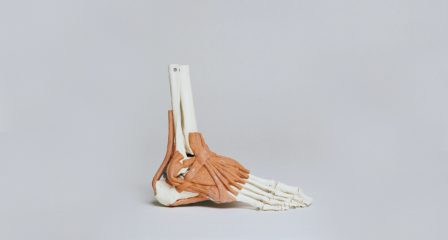Written by Physiotherapist, Darby Graham.
Many popular sports in Australia follow a traditional in-season and offseason model, such as netball and cross country being winter sports, with track sports and cricket being played in the summer. With seasonal sports, we tend to see performance suffer early in the season while athletes become accustomed to the demands of the sport again, and this is the period where injuries are most likely to occur. To prepare themselves for returning to the sport, many athletes and sporting clubs will complete some form of preseason. This may be done in a few different ways, with just a few weeks of training before the season starts, a few practice matches/ events, or even months of progressive, sport specific training incorporating strength training and cardiovascular conditioning.
The reason why many athletes have now begun completing a comprehensive preseason, is not only to improve their speed, strength and sport specific skills, but also to keep their body and tissues conditioned to the demands of their sport. A body’s tissues (muscles, bones, ligaments etc.), will always have a certain level of stress that they are capable of sustaining before breaking down and having a higher likelihood of injury. We call this amount of stress a tissue’s capacity to load. The biggest benefit of completing a preseason is to increase the athlete’s tissue capacity, so that when they enter the season, they are conditioned to the level and demands of the sport, as well as giving them the advantage of being able to perform at a higher level.
A preseason program must be specific to the athlete’s goals and their sport. It is important to enter a preseason with specific goals, such as building muscular strength or power, improving aerobic conditioning or an overall focus on injury prevention. There is little benefit for a sprinter to be doing endurance running for their preseason, nor would it make sense for a footballer to only complete running in their training, as these activities would not prepare them for what they will need to be performing at a high level during a game or competition.
There has been extensive research into the effects of participating in preseason training for sport, with a range of different sports and potential benefits investigated. Several studies have looked into if greater rates of participation in preseason training have an effect on injury rates, with both Windt et al. (2016) and Murray et al. (2015) finding that athletes in Australian Rules Football and rugby have a lower risk of injury if they completed a higher proportion of preseason sessions. Additionally, Askling et al. (2003) showed how working on hamstring strengthening outside of the season improved performance and reduced injury rates in elite male soccer players. These studies also illustrated how sport specific training, which incorporates strength, aerobic conditioning and sport specific skills, was necessary to gain the ideal improvements out of preseason training.
As mentioned earlier, while it is important to enter a preseason training block with clear goals, it is also important to plan and structure it in a way that allows training load to progress steadily, and work into the season as smoothly as possible. Initially, while it is beneficial to give the body time to rest from a long, intense season, the first 2-4 weeks post season are a good opportunity to keep in light training to not allow the body to lose strength or conditioning. The next stages of preseason should be focused on building a base of conditioning that eventually leads to higher intensity training similar to game-day stress. Finally, training should progress to working on the specific requirements of the individual sport. These may be:
- Shooting/ dribbling for a basketballer
- Block starts for a sprinter
- Bike to running changeovers for a triathlete
In conclusion, completing a sport specific preseason leading into the season is an effective and safe way to progressively build the body’s tolerance to load and stress so that it can manage the high demands of sport and improve overall performance. Some of the benefits of preseason are:
- Decreased injury risk early on and throughout the season
- Progressively build tissue capacity
- Improve aerobic condition and muscular strength/ power
- Improve sport specific skills



